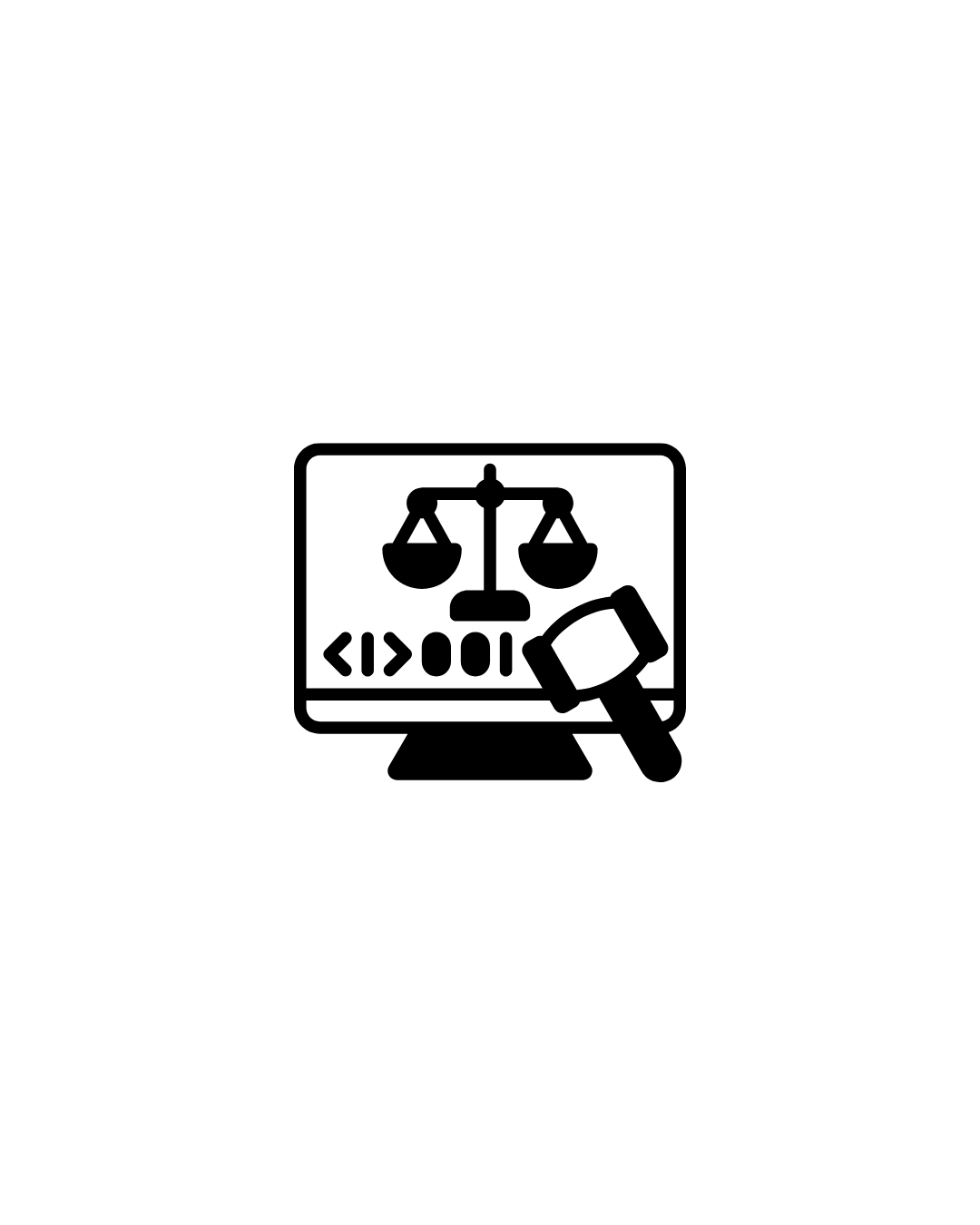Description
Overview of Post Graduate Diploma in Cyber Law
A Post Graduate Diploma in Cyber Law is a specialized program aimed at equipping students with knowledge and skills related to the legal aspects of information technology, cybercrimes, cybersecurity, and digital rights. This diploma is increasingly relevant due to the rapid digital transformation and the rising incidence of cyber-related issues.
Curriculum of Post Graduate Diploma in Cyber Law
While the specific curriculum may vary by institution, a typical curriculum for a Post Graduate Diploma in Cyber Law may include the following key components:
Introduction to Cyber Law
Overview of cyber law, its importance, and its evolution.
Understanding the regulatory framework governing cyberspace.
Information Technology Act
Detailed study of the Information Technology Act, 2000 (or the relevant legislation in your jurisdiction).
Examination of its provisions related to electronic contracts, digital signatures, and cybersecurity.
Cyber Crimes
Types and classifications of cyber crimes (hacking, identity theft, online stalking, etc.).
Legal remedies and approaches to combat cyber criminality.
Intellectual Property Rights and Cyber Law
Relationship between intellectual property rights (IPR) and digital content.
Copyright, trademarks, and patents in the context of cyberspace.
Data Protection and Privacy Law
Understanding data protection laws and privacy regulations (e.g., GDPR or equivalent local legislation).
Best practices for data handling and privacy compliance.
E-Commerce and Cyber Law
Legal issues surrounding e-commerce transactions.
Digital contracts, consumer protection, and liability in online transactions.
Cybersecurity Law
Examination of the legal frameworks surrounding cybersecurity.
A focus on risk management, response strategies, and international cybersecurity law.
Digital Forensics
Introduction to digital forensics and its role in evidence gathering for cyber crimes.
Techniques and tools used in cyber investigations.
Regulations on Internet Governance
Overview of global and national regulations affecting internet governance.
Understanding the role of organizations like ICANN and governmental bodies.
Case Studies and Practical Applications
Analysis of landmark cases in cyber law.
Practical workshops or projects focusing on real-world scenarios and legal drafting.
Career Opportunities After Completing PG Diploma in Cyber Law
The demand for professionals with expertise in cyber law is growing due to increasing reliance on technology and the rising threat of cybercrime. Graduates can pursue various career paths, including:
Cyber Law Consultant
Advising organizations on compliance with cyber laws and regulations.
Cybersecurity Analyst
Evaluating an organization?s cybersecurity measures, ensuring that legal standards are met.
Digital Forensic Expert
Engaging in data recovery and analysis to support legal investigations related to cybercrimes.
Legal Advisor for IT Companies
Providing legal support and guidance to technology firms concerning e-commerce, data privacy, and cyber regulations.
Regulatory Compliance Officer
Ensuring that organizations adhere to data protection and cybersecurity laws.
Intellectual Property Consultant for Digital Content
Advising clients on intellectual property rights as they relate to digital media and technology.
Policy Analyst in Cyber Law
Analyzing and developing policies regarding cyber law and cybersecurity at governmental or institutional levels.
Legal Educator or Trainer
Teaching or conducting seminars on cyber law topics within academic institutions or corporate settings.
Cybercrime Investigator
Working with law enforcement agencies to investigate and prosecute cybercrimes.
E-Commerce Legal Advisor
Advising businesses on legal issues related to online transactions, consumer rights, and contracts.
Conclusion
A Post Graduate Diploma in Cyber Law offers a comprehensive foundation in the legal aspects of the ever-evolving digital landscape. This diploma is ideal for legal professionals, IT specialists, and individuals interested in the intersection of law and technology. If you have any specific questions about institutions offering this program, its admission requirements, or potential career paths, feel free to ask!









